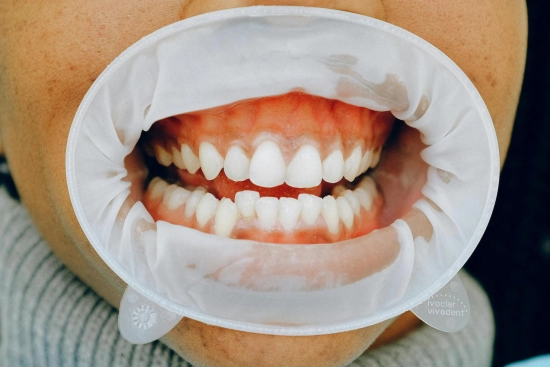Unveiling the Culprits: 5 Reasons That Can Cause Periodontitis

Periodontitis, a severe form of gum disease, can wreak havoc on oral health if left untreated.
Understanding the factors that contribute to its development is crucial for prevention and effective management. In this article, we delve into five common reasons that can cause periodontitis.
-
Poor Oral Hygiene:
The most significant contributor to periodontitis is inadequate oral hygiene. Failing to brush and floss regularly allows plaque to accumulate on teeth, harboring harmful bacteria. Over time, this plaque hardens into tartar, triggering inflammation and leading to gum disease.
-
Tobacco Use:
Smoking or using tobacco products is a significant risk factor for periodontitis. Tobacco compromises the immune system's ability to fight infection, and it constricts blood vessels, reducing oxygen flow to the gums. This combination creates an environment conducive to the development and progression of periodontal disease.
-
Diabetes:
Individuals with diabetes are at a higher risk of developing periodontitis. Poorly managed blood sugar levels can impair the body's ability to fight infections, including those in the gums. Conversely, the inflammation caused by gum disease can contribute to difficulties in managing diabetes.
-
Genetic Predisposition:
Genetics can play a role in a person's susceptibility to periodontitis. Some individuals may have a genetic predisposition to a heightened inflammatory response, making them more prone to gum disease even with good oral hygiene practices.
-
Hormonal Changes:
Hormonal fluctuations, such as those during pregnancy, menopause, and menstruation, can impact the gums. Increased levels of hormones like estrogen and progesterone can make gums more sensitive and susceptible to inflammation, increasing the risk of periodontitis.
Prevention and Management:
- Regular Dental Check-ups: Routine dental visits are crucial for early detection and prevention of periodontitis. Professional cleanings help remove plaque and tartar that regular brushing and flossing may miss.
- Effective Oral Hygiene Practices: Brushing teeth at least twice a day, flossing daily, and using an antiseptic mouthwash are fundamental for preventing the buildup of plaque and reducing the risk of gum disease.
- Quitting Tobacco Use: Quitting smoking or using tobacco products significantly reduces the risk of periodontitis. It also contributes to overall better oral and systemic health.
- Managing Systemic Conditions: Individuals with diabetes should prioritize managing blood sugar levels to reduce the impact on their oral health. Regular communication between healthcare providers is essential for comprehensive care.
- Addressing Hormonal Changes: Expectant mothers and those undergoing hormonal changes should be especially vigilant about oral hygiene. Regular dental check-ups during these periods can help prevent and manage gum disease.
Conclusion:
Periodontitis is a serious condition that can lead to tooth loss and impact overall health. Recognizing and addressing the contributing factors, along with adopting proactive oral health practices, are key steps in preventing and managing periodontal disease. Regular dental check-ups, a commitment to good oral hygiene, and lifestyle modifications can collectively contribute to maintaining healthy gums and a radiant smile.




